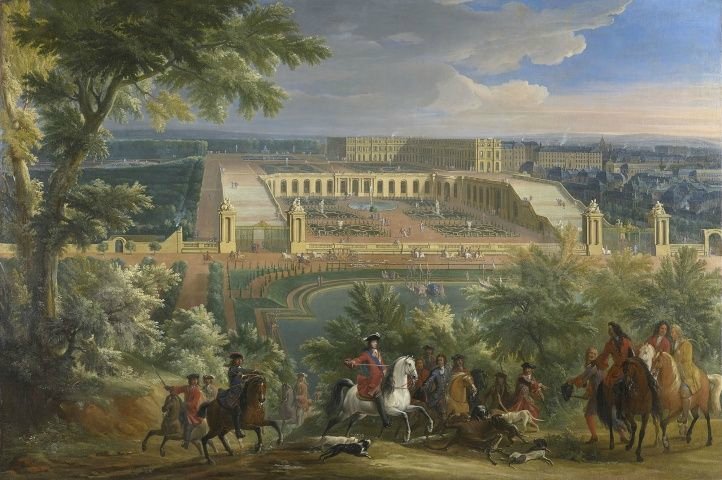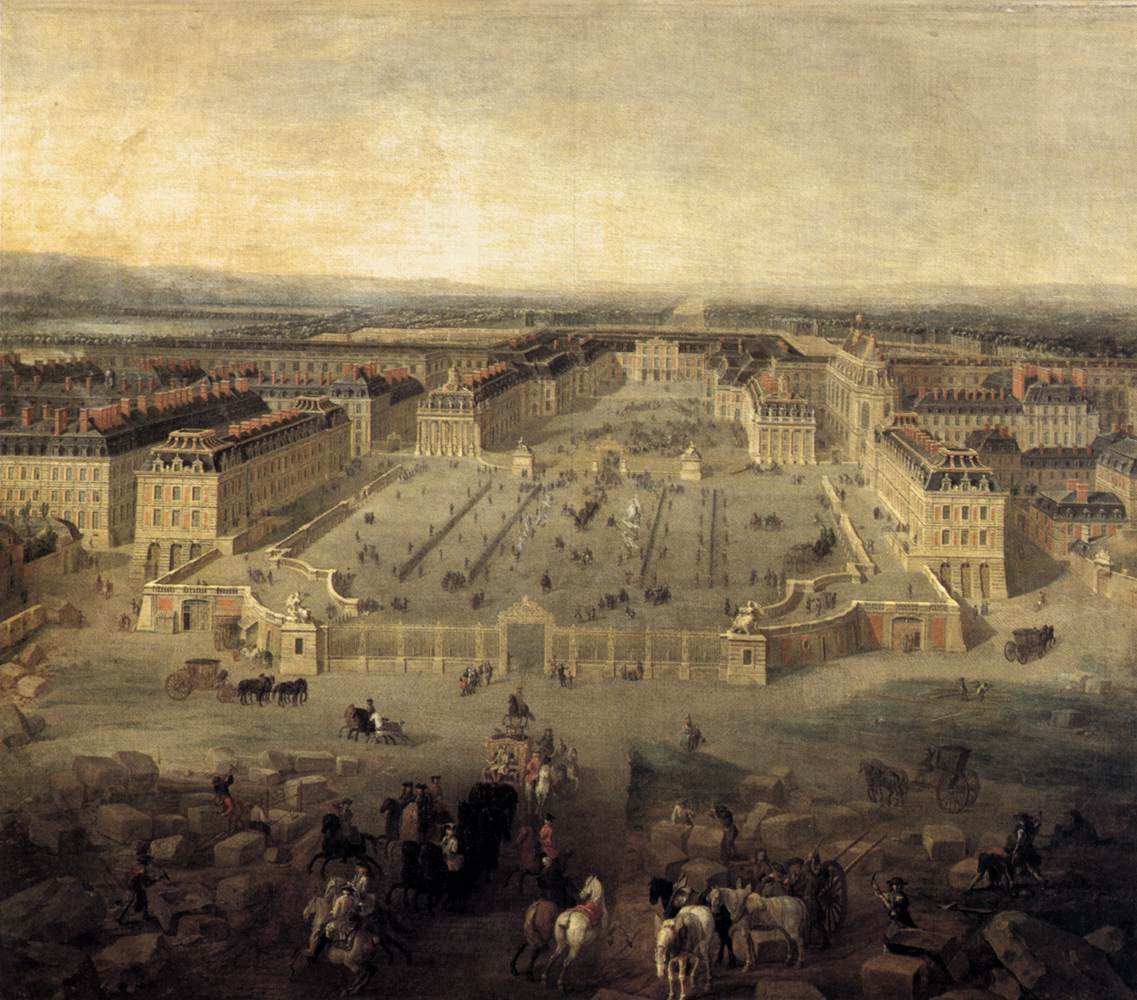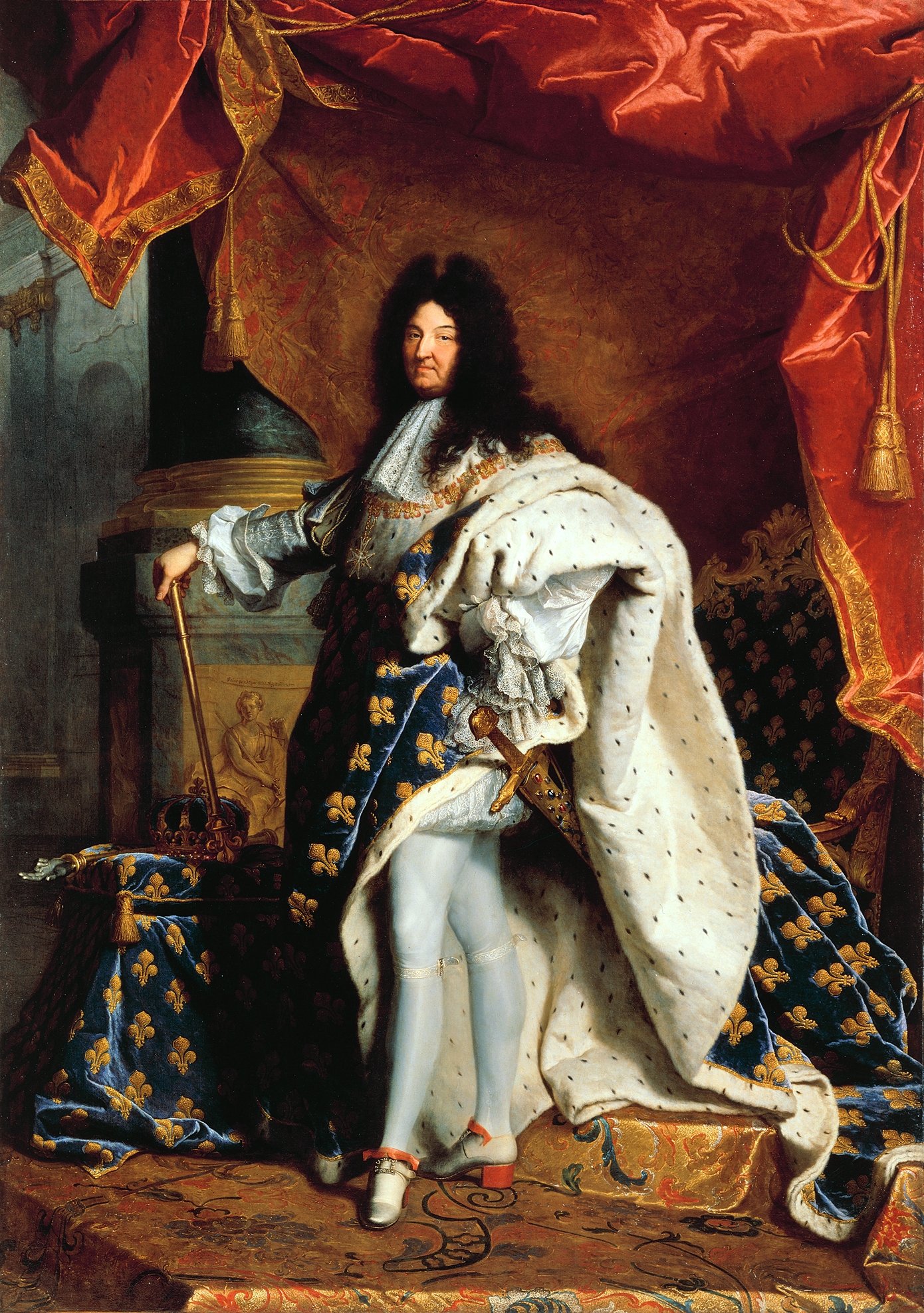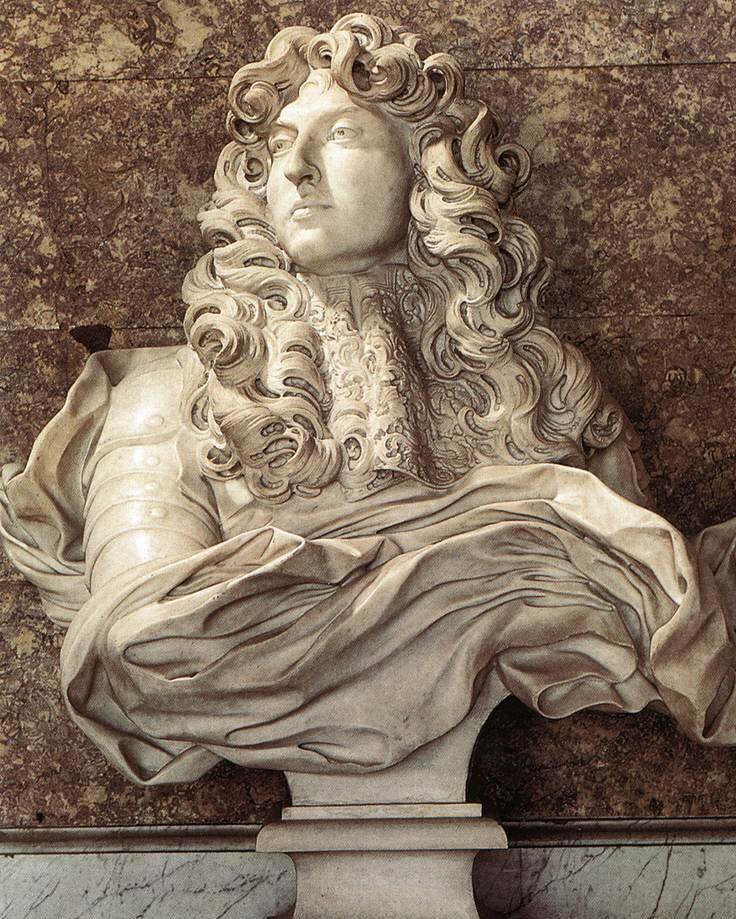Louis XIV, The Sun King: Philip Mansel: (1700)
Philip Mansel © Neil Spence
In this episode Philip Mansel takes us to the court of Louis XIV at Versailles, probably the most lavish, extraordinary royal palace ever built. This was a place where the fun never stopped, parties, plays, banquets, firework displays and concerts, life at court was a giddy carousel of extravagance, culture, beauty, wit, sophistication and intrigue.
*** [About our format] ***
In the year 1700 the Palace of Versailles, outside Paris, was the centre of power, politics and pleasure. It was the home of the royal family and the nobility, a hotbed of conspiracy and scandal. Philip Mansel’s book is based on what he also calls ‘the palace of paper’, due to the many diaries and vast correspondence Louis’ courtiers wrote, documenting their lives and times.
Louis XIV stood, resplendent, at the centre of this court. He was a complex, fascinating figure who became king at the age of four and ruled until his death in 1715 – over 72 years, making him the longest reigning monarch of all time. From the miracle of his birth late on in his parents’ marriage and after several miscarriages, he was revered and celebrated as ‘god given’, the ultimate Catholic monarch.
A Stag Hunt at Versailles c. 1700, Jean-Baptiste Martin (Wiki Commons)
The king was a man of paradoxes: kind, humorous, intelligent and interested in everything from the bulbs in his extensive flowerbeds to the political alliances he orchestrated, but he was also ruthless and cruel, ordering the bombardment of cities like Brussels and the brutal persecution of Protestants.
He loved war and spent years of his reign on the battlefield, but he was also a supporter of women’s rights and according to Mansel, was ‘almost a feminist’.
His court was famous for its complex etiquette and hierarchy, but Louis was surprisingly relaxed and accessible to his people. Walking around Paris today, as Philip Mansel tells us in this sparkling episode, his legacy is everywhere in the buildings and works of art and literature he commissioned.
The characters and stories that feature in this episode of Travels Through Time form part of Philip Mansel’s award-winning book, King of the World: The Life of Louis XIV.
*** Listen to the podcast ***
Show notes:
Scene One: 17 November 1700. Louis XIV presents his seventeen-year-old grandson to assembled diplomats and courtiers as Philip V King of Spain, by the will of God and the will of the nation.
Scene Two: 1700. Military review of Louis XIV’s guards, the special regiment of cavalry nobles whom he loved and who formed the foundation of his power.
Scene Three: 1700. A procession in front of Louis at the Palace of Versailles of freed white French slaves, who had been captured by Algerian pirates in the Mediterranean.
Memento: One of the magnificent books from the Royal Printing Press.
People/Social
Presenter: Violet Moller
Guest: Philip Mansel
Production: Maria Nolan
Podcast partner: Ace Cultural Tours
Theme music: ‘Love Token’ from the album ‘This Is Us’ By Slava and Leonard Grigoryan
Follow us on Twitter: @tttpodcast_
Or on Facebook
See where 1700 fits on our Timeline
About Philip Mansel
Philip Mansel specialises in the history of France and the Middle East. He has lived in Paris, Beirut and Istanbul. His previous books include Louis XVIII (1981), The Eagle in Splendour: Napoleon and his Court (1987), The Court of France 1789-1830 (1988), Paris Between Empires (2001) and Dressed to Rule: Royal and Court Costume from Louis XIV to Elizabeth II (2005).
He is a Fellow of the Royal Historical Society, the Royal Society of Literature, the Institute of Historical Research and the Royal Asiatic Society, and in 1995 was a co-founder of the Society for Court Studies, whose journal, The Court Historian, he edited for twenty years. He is president of the Conseil Scientifique of the Centre de Recherche du Château de Versailles and a Chevalier of the Order of Arts and Letters (France) and the Order of the Crown (Belgium).
In 2012, he was awarded the London Library 'Life in Literature' Prize. King of the World has been translated into French, Italian, Dutch and German and won the Franco-British Prize.
Featured images
View of Versailles in the early 1700s
Section of the ceiling of the Hall of Mirrors in Versailles
Listen on YouTube
Complimentary episodes
The Glorious Revolution: Margarette Lincoln (1688)
1688 is an oddly neglected year in English history. Yet it is a compelling and consequential one as the author Margarette Lincoln explains in this episode.
The Lost History of Mary Davies: Leo Hollis (1701)
St Paul’s Cathedral. The West End. The Houses of Parliament. London is one of the great cities of the world and we’re instantly familiar with its famous buildings and neighbourhoods. But rarely do we consider the simple question: ‘who owns it?’
The Tsarina’s Daughter: Ellen Alpsten (1709)
To understand modern Russia, we need look back no further than to Peter the Great and the revolutionary times he unleashed. This age is our destination in today’s episode.










